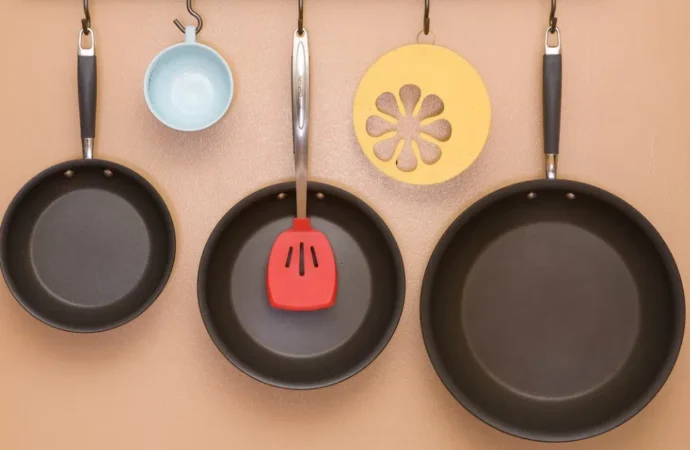Overview
You may already know that food items have expiry dates, but did you know your kitchen utensils also come with a limited lifespan? The tools you use daily to cook and serve food don’t last forever and need timely replacement.
What Do Expiry Dates Mean?
An expiry date, or “expiration date,” indicates the last day a manufacturer guarantees a product’s full safety and effectiveness. After this date, the product may lose quality or even become harmful. Always follow storage instructions on the label because improper storage can shorten both shelf life and safety duration. Many products also have a shorter lifespan after opening, regardless of the printed date—this is usually mentioned in the fine print on packaging.
When to Replace Common Kitchen Utensils
According to experts, here’s how long your everyday kitchen tools typically last:
-
Non-stick Frying Pan: Replace every 2–5 years or sooner if the coating peels or food sticks.
-
Wooden Spoon: Replace every 1–2 years or when it cracks, splinters, or retains odours.
-
Plastic Cutting Board: Replace every 1–2 years if deep grooves or discolouration appear.
-
Silicone Spatula: Replace every 2–4 years or if it cracks, melts, or becomes too soft.
-
Kitchen Sponge/Scrubber: Replace every 2–4 weeks, or sooner if it smells or falls apart.
-
Peeler: Replace every 1–2 years when blades dull or handles loosen.
-
Chef’s Knife: Replace every 5–10 years if the blade chips or can’t be sharpened.
-
Grater: Replace every 3–5 years when blades dull or rust.
-
Plastic Storage Containers: Replace every 1–3 years if stained, warped, or retaining odours. Choose PET, HDPE, or PP containers for safety; avoid PVC or PS, especially for heat-related uses.
-
Wooden Chopping Board: Replace every 2–3 years when warped or deeply cut.
The Bottom Line
Always check the printed dates on labels and understand their significance. Follow storage guidelines strictly, watch for changes after opening, and never use items beyond their expiry date. These simple steps help prevent health risks and ensure safety in your kitchen.
Source: The Indian Express
 Food Manifest
Food Manifest 


















